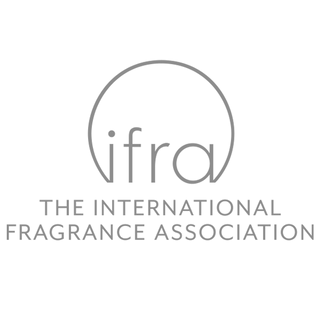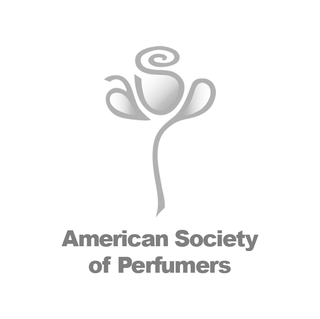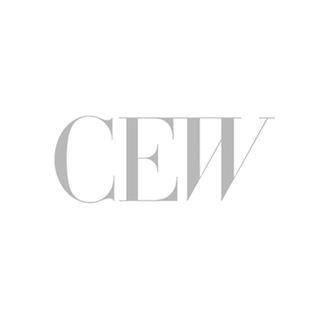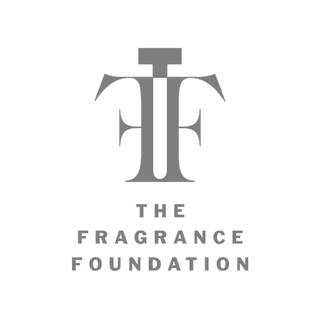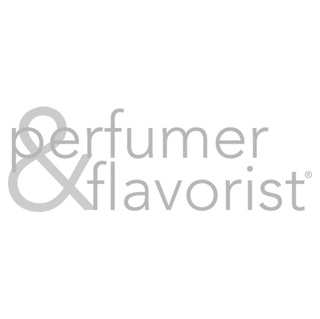Scent Glossary
Absolute
An absolute is a raw material made using solvent extraction.
Eau de Parfum
Eau de parfum is slightly less concentrated than parfum, with around 18-20% concentration of fragrance.
Eau de Toilette
Eau de toilette is perfume with a fragrance concentration around 15-18%, so is typically less potent and long-lasting than parfum.
Fine Fragrance
The classic form of perfumery where the fragrance IS the product, not part of the product. Examples: parfum, eau de parfum, eau de toilette
Parfum
Parfum is the highest concentration of perfume, typically 20% or more of actual fragrance (the rest is alcohol and water).
Raw Material
Raw materials are the actual ingredients that we use to create a fragrance formula. Our palette is just over 2,000 individual items and formulas can range from just a few items to over a hundred materials.
Solvent Extraction
Solvent extraction uses chemicals (instead of steam or heat) to extract the smell of a material.
Steam Distillation
Steam distillation uses water and heat to extract the smell of a material. While this is typically the most 'natural' way to extract smells, the heat can often negatively change or interfere with the olfactive character.
Superessence
A superessence is raw material made by strictly controlling temperature during steam distillation to minimize any negative impact from heat on the material being extracted.
INCI Name
INCI (International Nomenclature Cosmetic Ingredient) names are standardized names given to materials for ingredient listings. Not all materials used in perfumery are registered with INCI.


